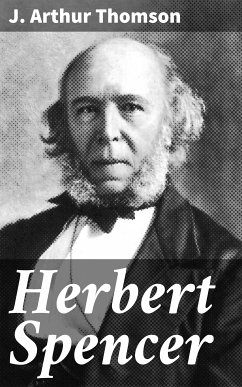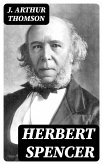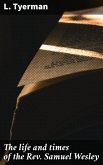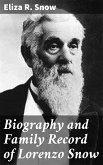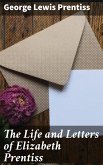In "Herbert Spencer," J. Arthur Thomson presents a compelling exploration of the life and intellectual contributions of one of the most significant figures of the Victorian era. Thomson employs a lucid yet scholarly prose style, weaving together biographical details with a critique of Spencer's philosophical ideas, particularly his theory of evolution and Social Darwinism. Set against the rich backdrop of late 19th-century thought, this work serves not only as a biography but also an analytical account of Spencer's influence on contemporary and subsequent debates concerning science, society, and ethics. Thomson's narrative is structured to provide insight into both Spencer's personal struggles and the broader cultural milieu that shaped his ideas. J. Arthur Thomson, a prominent Scottish biologist and philosopher, possessed a nuanced understanding of Spencer's theories, having engaged deeply with evolutionary thought throughout his career. Thomson was not only acquainted with the scientific developments of his time but was also influenced by Spencer'Äôs ideas. His academic background and passion for biology and philosophy uniquely position him to dissect and interpret Spencer's complex legacy, making this work an essential part of understanding Victorian intellectual history. This book is a vital read for anyone interested in the intersection of biology, philosophy, and the social sciences. Scholars and enthusiasts alike will find Thomson's insights invaluable in contextualizing Herbert Spencer's contributions, as well as in examining the broader implications of his work on modern thought. As such, "Herbert Spencer" stands as an indispensable text for understanding the evolution of ideas that continue to resonate today.
Dieser Download kann aus rechtlichen Gründen nur mit Rechnungsadresse in A, B, BG, CY, CZ, D, DK, EW, E, FIN, F, GR, H, IRL, I, LT, L, LR, M, NL, PL, P, R, S, SLO, SK ausgeliefert werden.

